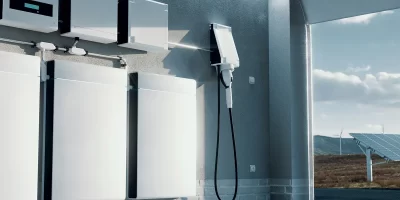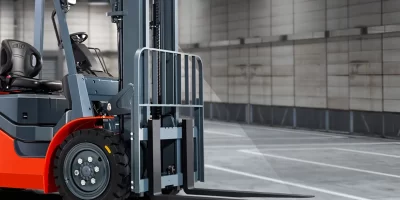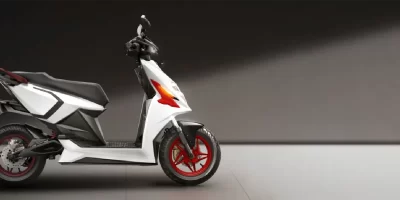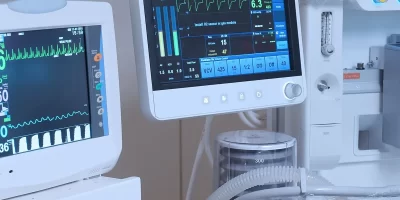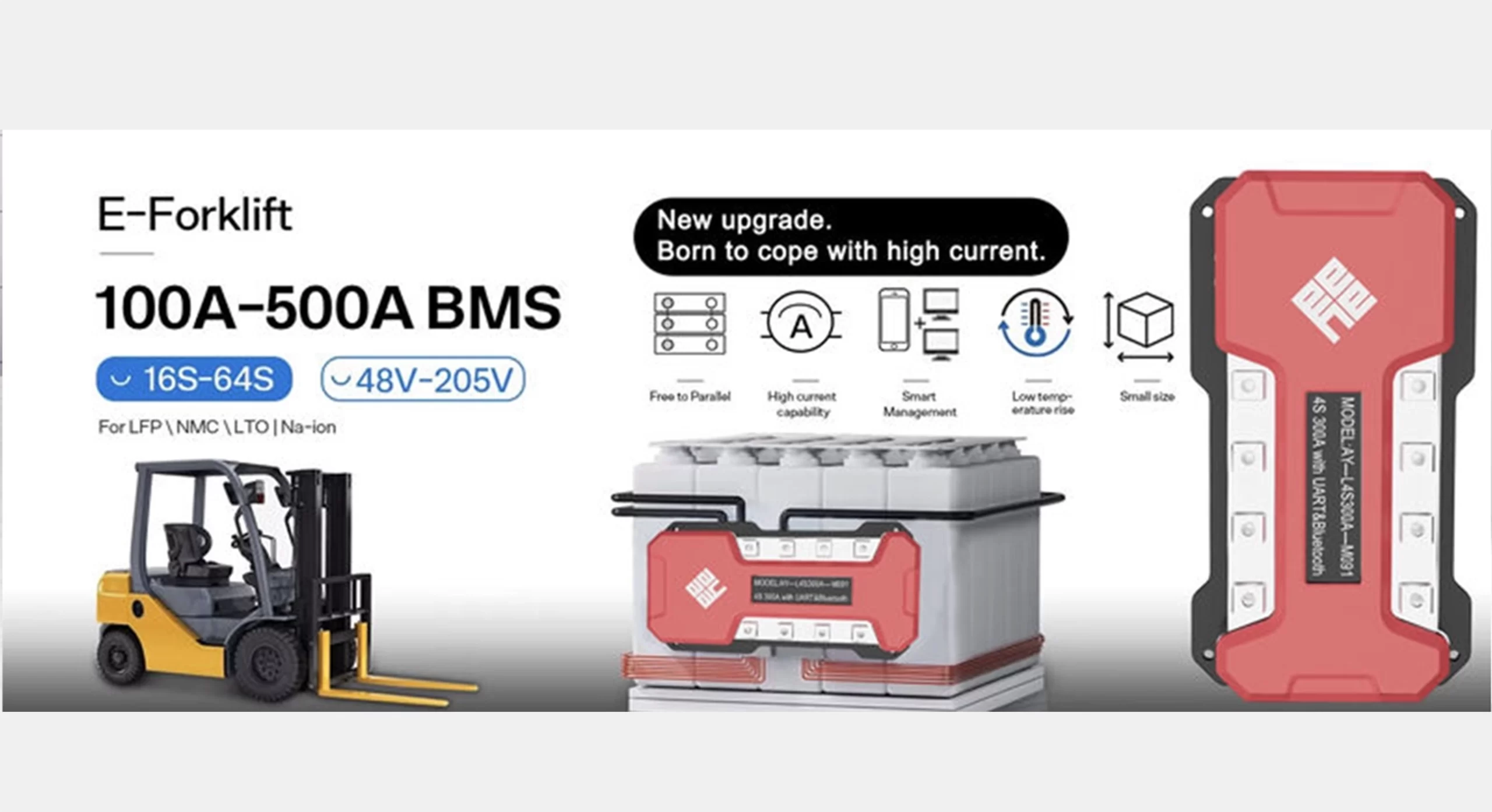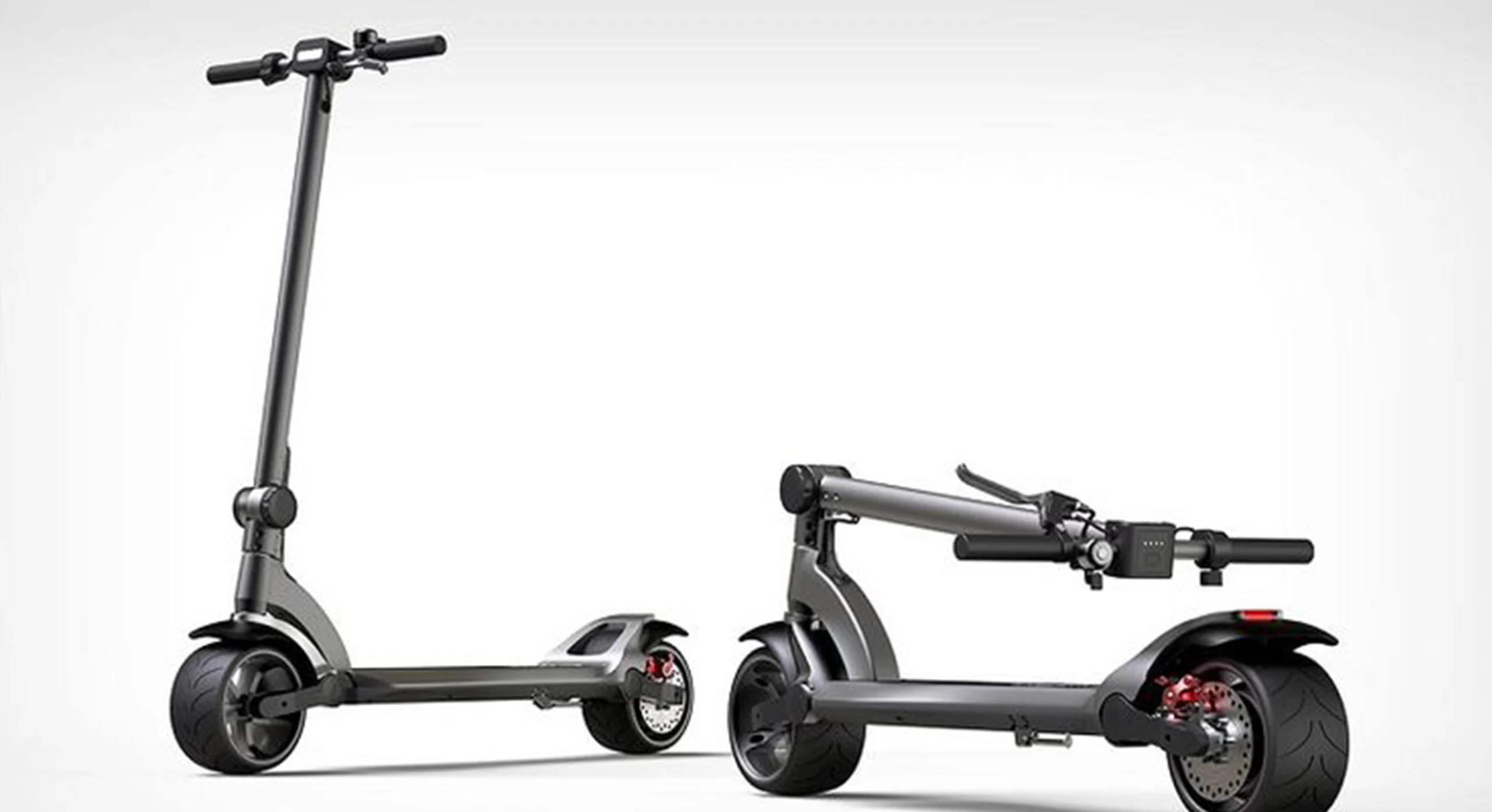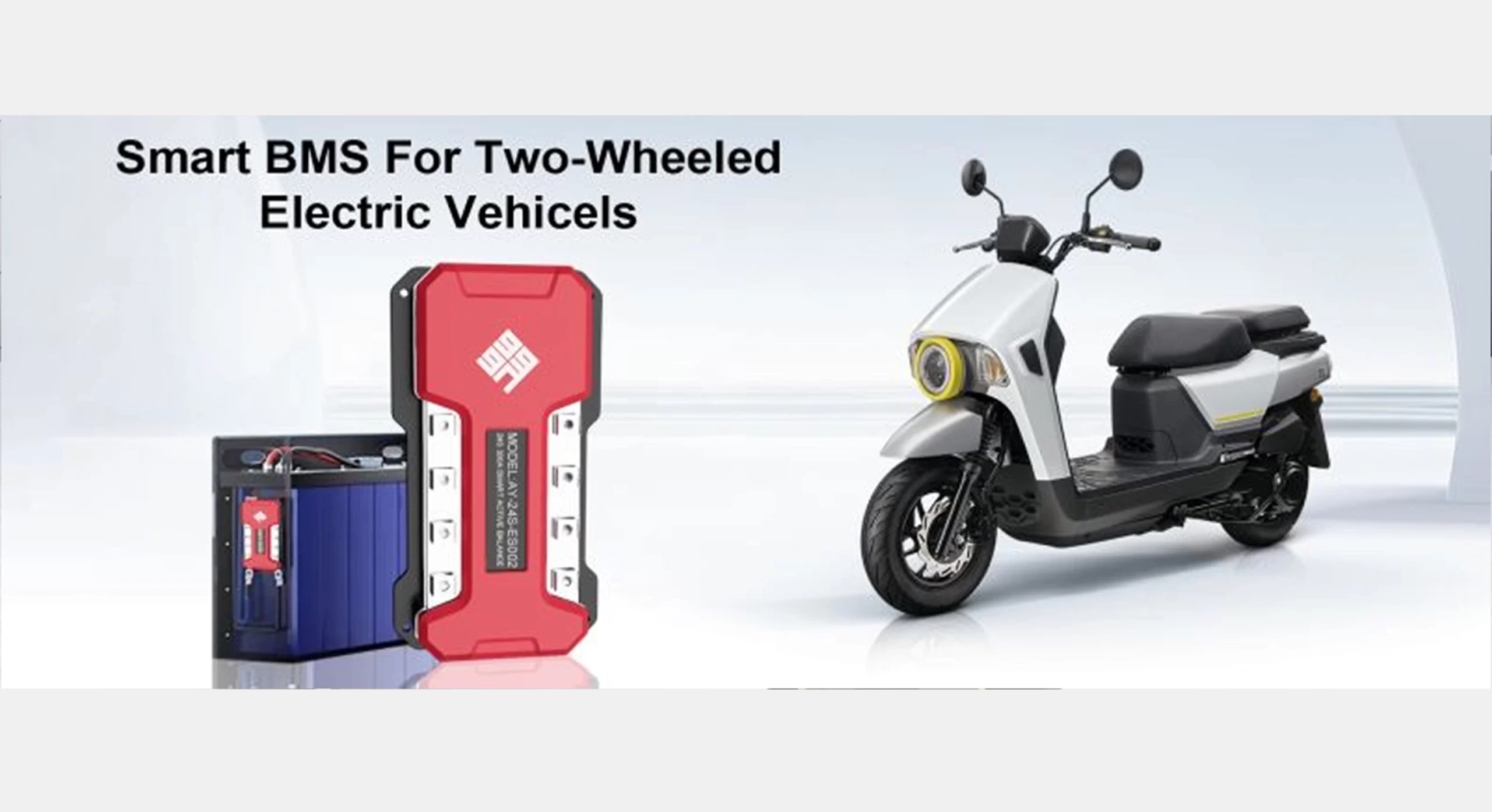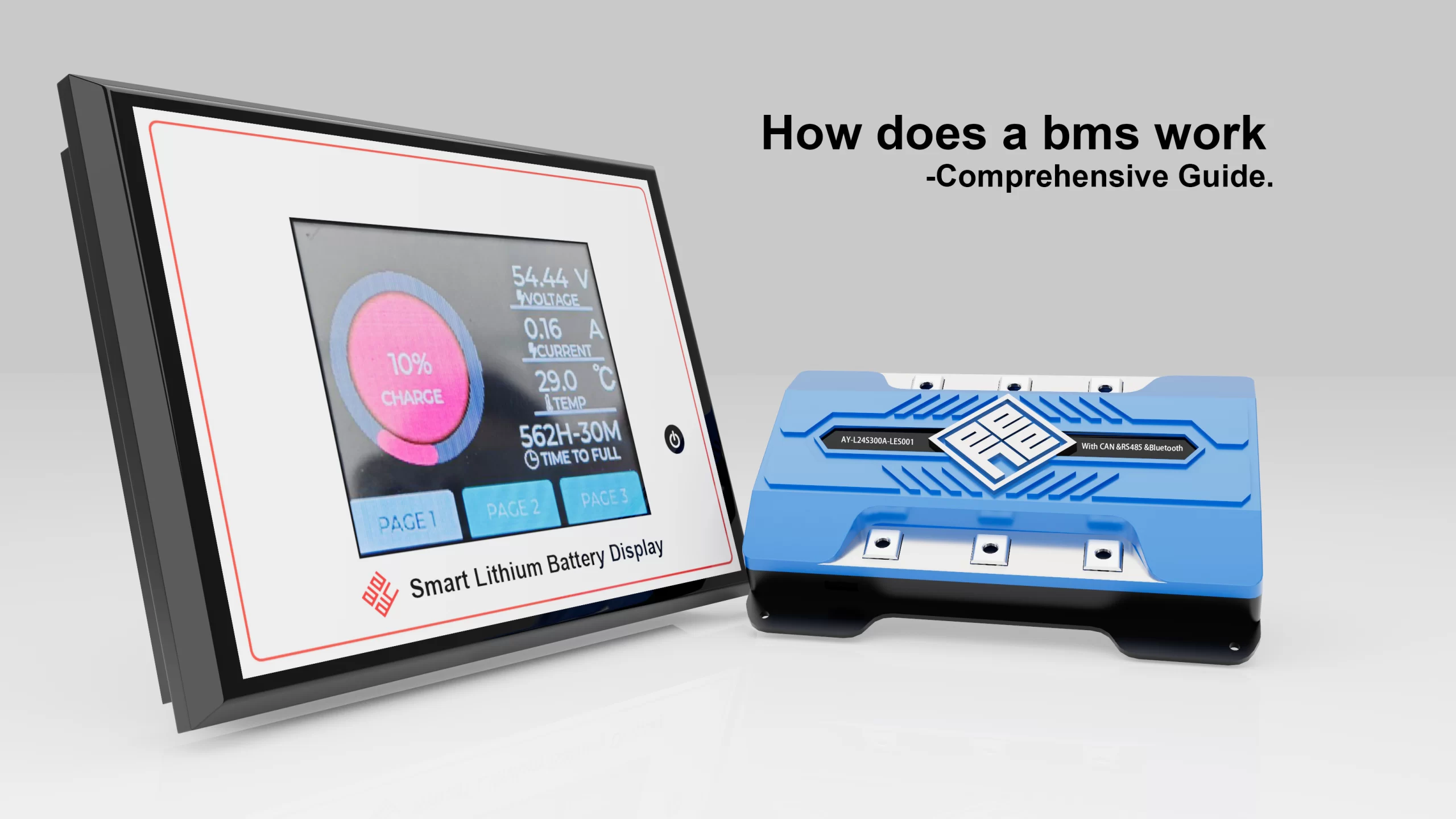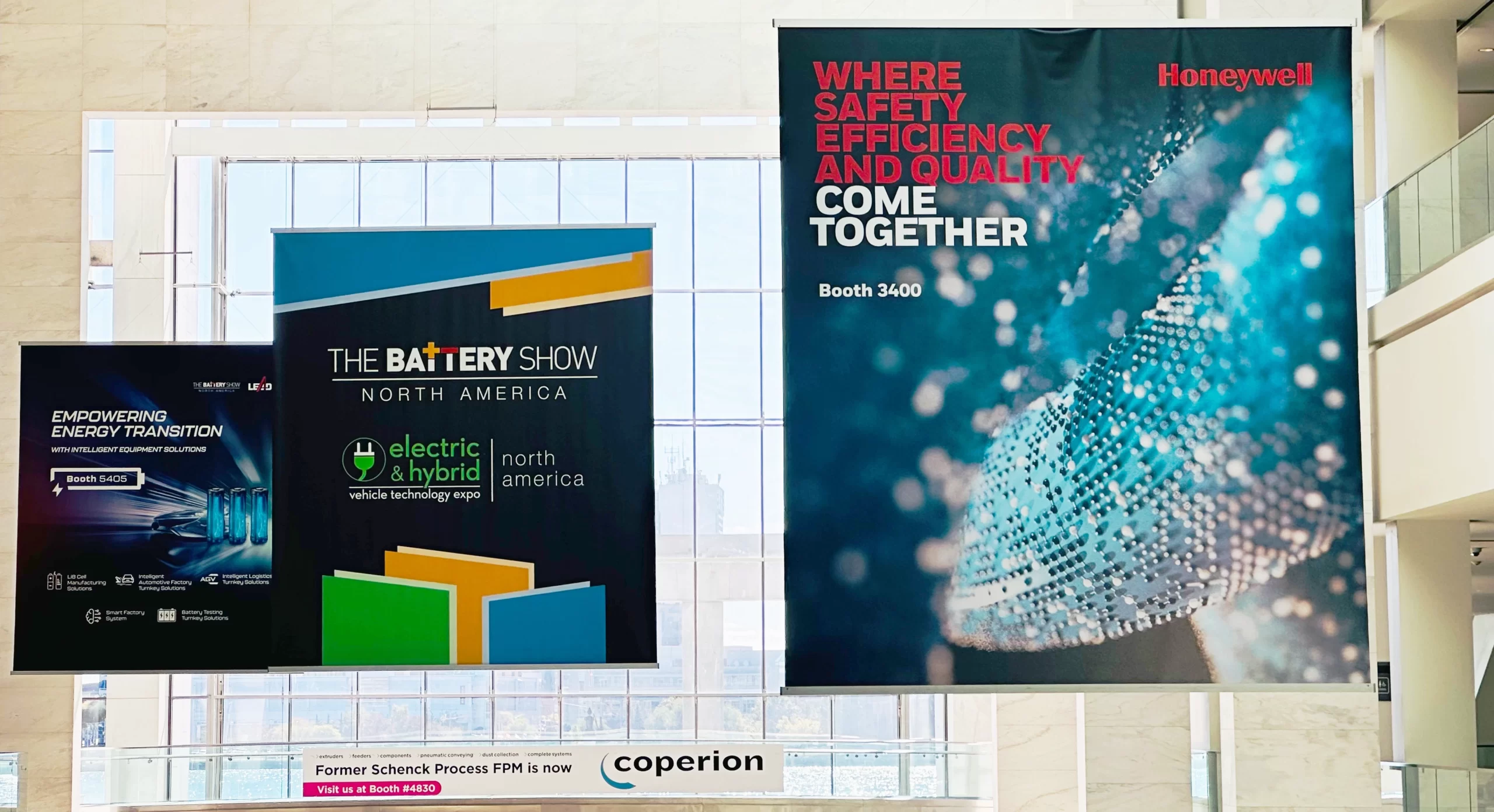Home About Us EVENTS & NEWS Exploring the Future of Battery Technology: From Lithium-Ion to Solid-State Innovations
Exploring the Future of Battery Technology: From Lithium-Ion to Solid-State Innovations
Exploring the Future of Battery Technology: From Lithium-Ion to Solid-State Innovations
Battery technology is one of the most significant drivers of change in the modern world, powering everything from our smartphones and electric vehicles to large-scale renewable energy storage systems.
As the world moves toward cleaner, more sustainable energy solutions, the development of advanced battery technologies has become a key focus for researchers, manufacturers, and technology companies alike.
we’ll explore the evolution of battery technology, from lithium-ion to the latest solid-state innovations, and examine how these advancements are shaping the future of energy storage and consumption.
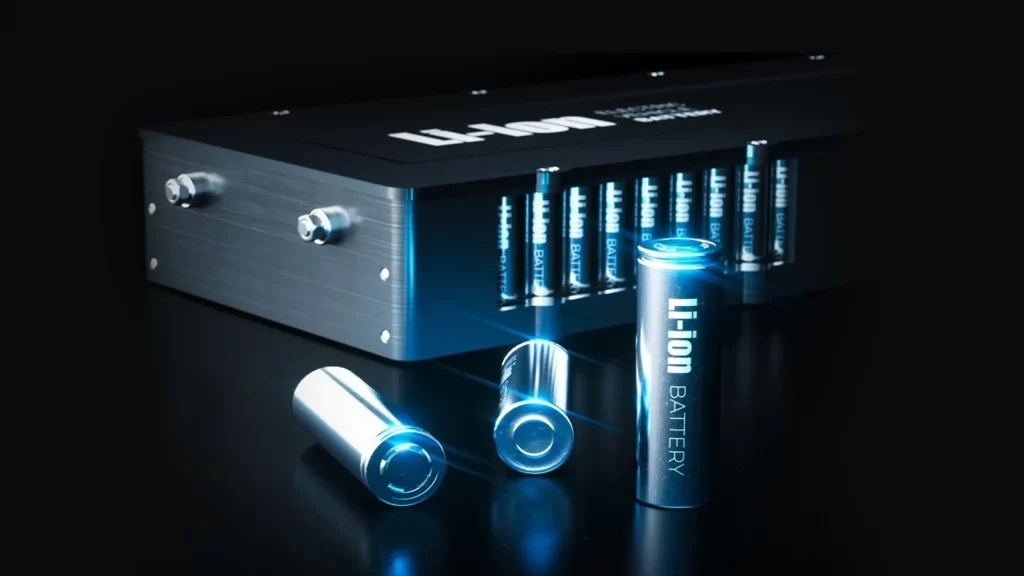
The Rise of Lithium-Ion Battery Technology
The fundamentals of contemporary battery technology must be understood before delving into upcoming advancements.
Lithium-ion batteries, introduced in the early 1990s, have revolutionized energy storage.
Today, lithium-ion batteries power most of our everyday devices, from smartphones to laptops, and have become the dominant choice for electric vehicles (EVs) and energy storage systems.
The Reason for Lithium-Ion Batteries
Advantages of Lithium-Ion Batteries
Lithium-ion batteries have become the industry standard for powering a wide range of devices—from smartphones and laptops to electric vehicles (EVs), drones, and large-scale energy storage systems.
Their widespread adoption is driven by several critical advantages that set them apart from other battery technologies like nickel-cadmium (NiCd), nickel-metal hydride (NiMH), or lead-acid batteries.
1. High Energy Density
One of the most significant advantages of lithium-ion batteries is their high energy density, meaning they can store a large amount of energy in a relatively small and lightweight package.
This makes them ideal for applications where size and weight matter.
2. Lightweight and Compact
In sectors like robotics, automotive, and aerospace, where weight reduction immediately boosts performance and efficiency, lithium-ion batteries’ significant weight and compact size make them superior to conventional batteries like lead-acid or NiMH batteries with comparable capacity.
3. Low Self-Discharge Rate
Lithium-ion batteries exhibit a very low self-discharge rate, typically around 1–3% per month, which is significantly lower than NiMH or NiCd batteries.
This means they retain their charge much longer during storage, making them well-suited for backup power and infrequently used devices.
4. Long Cycle Life
A well-managed lithium-ion battery (especially when integrated with a high-quality BMS management system) can offer hundreds to thousands of charge/discharge cycles before its capacity drops below 80% of its original level.
Some lithium-ion chemistries, like LiFePO₄ (lithium iron phosphate), can even exceed 3,000–5,000 cycles .
5. Fast Charging Capability
Lithium-ion batteries support rapid charging, which is increasingly critical in fast-paced industries like EVs and consumer electronics.
With appropriate BMS control, they can be safely charged in a fraction of the time required for other chemistries.
6. Wide Operating Temperature Range
Modern lithium-ion batteries can operate efficiently in a wide temperature range, typically between –20°C to 60°C, depending on the specific chemistry and design.
This makes them viable for both indoor and outdoor applications, even in extreme climates.
7. No Memory Effect
Unlike older battery types like NiCd, lithium-ion batteries do not suffer from the memory effect, a condition where repeated partial discharging and recharging leads to a loss in usable battery capacity.
This advantage allows users to charge lithium-ion batteries at any time without worrying about battery degradation.
8. Environmentally Friendly (Relatively)
Although not completely “green,” lithium-ion batteries are more environmentally friendly than lead-acid or NiCd batteries, primarily because:
They do not contain toxic heavy metals like cadmium or lead.
They offer longer lifespans, reducing battery replacement frequency and waste.
They’re more energy efficient over their usable life cycle.
Recycling infrastructure for lithium-ion batteries is also improving globally, making them a more sustainable choice over time.
9. High Efficiency
Lithium-ion batteries offer high charge/discharge efficiency—typically above 95%.
As every watt matters in renewable energy systems, this implies that less energy is wasted during conversion.
10. Scalability and Versatility
From small coin cells to large-format battery packs, lithium-ion batteries can be scaled and configured to fit a wide variety of applications, including:
Grid-scale energy storage
Home solar systems
Electric bicycles and scooters
Power tools
Medical devices
Application areas of lithium-ion batteries
Lithium-ion batteries offer a combination of high energy density, lightweight design, and long cycle life, making them ideal for portable applications.
Their ability to store a large amount of energy in a relatively small space is a key reason why they are used in applications such as:
Electric Vehicles (EVs): With the rise of electric mobility, lithium-ion batteries have become the go-to solution for EV manufacturers.
They offer the right balance of energy density and performance, enabling EVs to achieve the range needed for modern transportation.
Energy Storage Systems (ESS): As renewable energy sources like solar and wind power become more widespread, lithium-ion batteries are used to store excess energy for later use.
Their importance in the shift to a more sustainable energy system stems from this.
Consumer Electronics: Lithium-ion technology powers devices that we rely on every day, such as smartphones, tablets, and laptops.
The global shift towards electric vehicles and renewable energy systems has further driven the demand for advanced lithium-ion batteries, cementing their role in the future of battery technology.

The Limitations of Lithium-Ion Batteries
While lithium-ion batteries have brought tremendous benefits, they are not without limitations. As demand for batteries continues to rise, there are several challenges that need to be addressed:
Energy Density: While lithium-ion batteries offer high energy density compared to other battery chemistries, the increasing demand for longer-lasting, more powerful batteries (especially in electric vehicles) has exposed the limitations of traditional lithium-ion technology.
Cost: Despite decreasing costs in recent years, lithium-ion batteries remain relatively expensive compared to some other battery technologies.
Safety Concerns: Lithium-ion batteries, especially when damaged or improperly charged, can pose fire risks due to their flammable electrolyte and high energy content.
Environmental Impact: While lithium-ion batteries are recyclable, the process of mining lithium, cobalt, and other materials can have significant environmental implications.
These challenges have prompted researchers and companies to explore the next generation of battery technologies.
Solid-State Batteries: The Next Frontier in Battery Technology
The future of battery technology is increasingly centered around solid-state batteries, which offer several potential advantages over traditional lithium-ion batteries.
Solid-state batteries replace the liquid electrolyte used in lithium-ion batteries with a solid electrolyte, which could lead to safer, more efficient, and longer-lasting energy storage solutions.
How Do Solid-State Batteries Work?
Solid-state batteries work on the same basic principles as lithium-ion batteries, using a chemical reaction to store and release energy.
However, instead of using a liquid electrolyte, solid-state batteries use a solid material to conduct ions between the positive and negative electrodes during charge and discharge cycles.
Advantages of Solid-State Batteries
Higher Energy Density: One of the most significant advantages of solid-state batteries is their potential to offer higher energy density than lithium-ion batteries.
For applications such as electric vehicles that need lengthy driving ranges, solid-state batteries could store more energy in the same amount of space.
Improved Safety: Solid-state batteries are less prone to catching fire or exploding compared to traditional lithium-ion batteries because they eliminate the flammable liquid electrolyte.
This could make solid-state batteries a safer option for everything from consumer electronics to electric vehicles.
Longer Lifespan: The solid electrolyte in these batteries is less prone to degradation over time, meaning that solid-state batteries could last longer and maintain their performance for a greater number of charge cycles.
Faster Charging: Solid-state batteries have the potential to charge much faster than lithium-ion batteries, which could lead to reduced charging times for electric vehicles and other devices.
Challenges to Overcome
While solid-state batteries offer many exciting advantages, they are still in the development phase. Key challenges include:
Manufacturing Complexity: Producing solid-state batteries at scale is currently difficult and expensive.
Researchers are working on improving the production processes to make solid-state batteries more affordable and easier to mass-produce.
Material Availability: Solid-state batteries require specific materials that are not as widely available as those used in lithium-ion batteries, which could pose supply chain challenges.
Durability: Solid-state batteries are still being tested for their durability, particularly when it comes to the performance of the solid electrolyte over long periods of use.
Despite these challenges, companies like Ayaa Technology are actively working on the development of solid-state batteries and other next-generation technologies.
The potential for solid-state batteries to revolutionize energy storage is immense, and it could become the standard for electric vehicles, renewable energy storage systems, and consumer electronics in the coming years.
Other Battery Innovations on the Horizon
In addition to solid-state batteries, several other promising technologies are emerging in the field of battery development:
Sodium-Ion Batteries: As a potential alternative to lithium-ion batteries, sodium-ion batteries could offer a more sustainable and cost-effective option.
Sodium is more abundant and less expensive than lithium, which could help lower the cost of batteries in the long term.
Lithium-Sulfur Batteries: Lithium-sulfur batteries promise to offer higher energy densities than lithium-ion batteries.
These batteries could be particularly useful for long-range electric vehicles and high-capacity energy storage applications.
Graphene Batteries: Graphene, a single layer of carbon atoms arranged in a two-dimensional lattice, has shown great promise in improving battery performance.
Graphene batteries could offer faster charging times, greater energy storage capacity, and enhanced conductivity.
The Importance of Battery Technology for the Future
Battery technology is at the heart of the transition to a sustainable energy future.
From electric vehicles to renewable energy systems, efficient and reliable energy storage solutions are essential to reducing our reliance on fossil fuels and achieving a low-carbon economy.
As the demand for energy storage grows, innovative companies like Ayaa Technology are leading the way in developing the next generation of batteries that will power the world of tomorrow.
The role of advanced battery technologies in industries ranging from automotive to energy storage, consumer electronics, and beyond cannot be overstated.
With the rise of electric vehicles, renewable energy adoption, and smart grid technologies, the need for more efficient, longer-lasting, and safer batteries is critical.
As the world moves towards a more sustainable energy future, the future of battery technology is bright.
Innovations such as solid-state batteries, sodium-ion technology, and graphene batteries are poised to address the limitations of current technologies and provide more efficient, safer, and environmentally friendly energy storage solutions.
Companies like Ayaa Technology are actively investing in research and development to bring these technologies to market, ensuring that they are at the forefront of the energy revolution.
Finding cutting-edge battery solutions for consumer electronics, renewable energy storage, or electric cars requires keeping up with the most recent advancements in battery technology.
As we move towards a greener, more sustainable future, the role of innovative battery solutions will continue to be crucial in powering the world.
Contact Us
SHARE
News Recommend
-
How does AYAATECH BMS work in E-scooters
01/16/2025 -
2024 battery show in Detroit,USA.
10/08/2024


